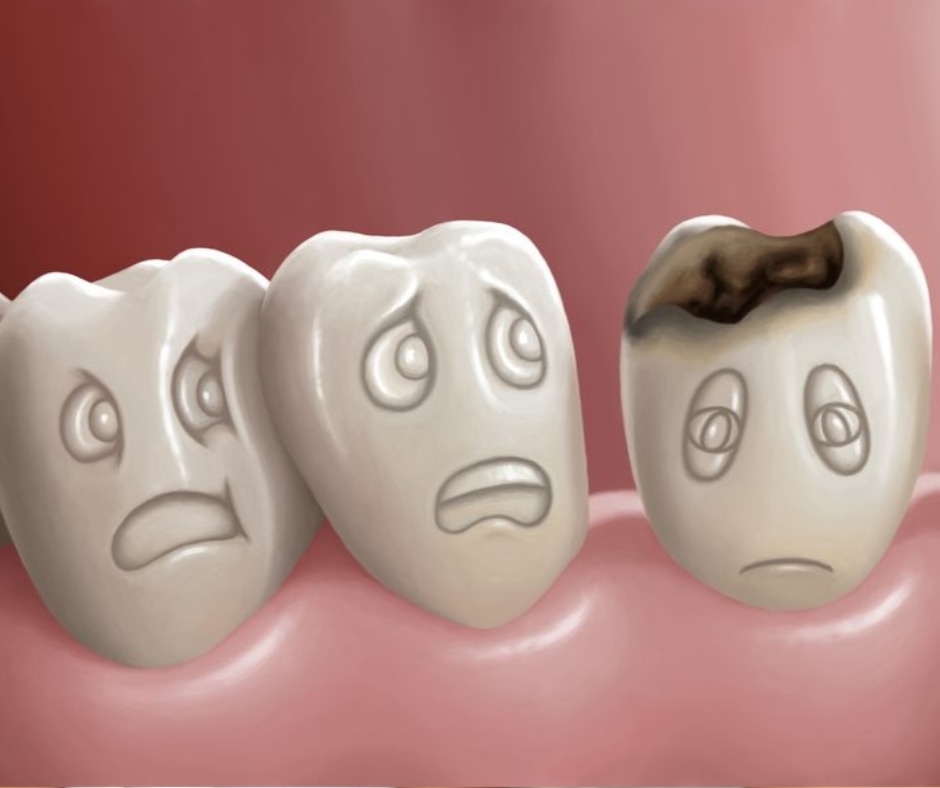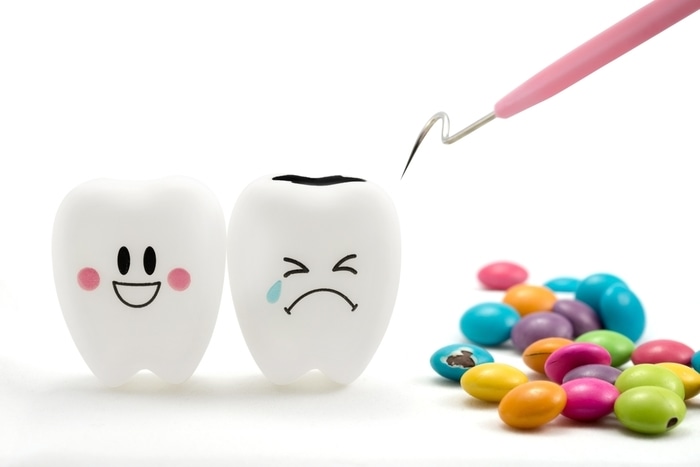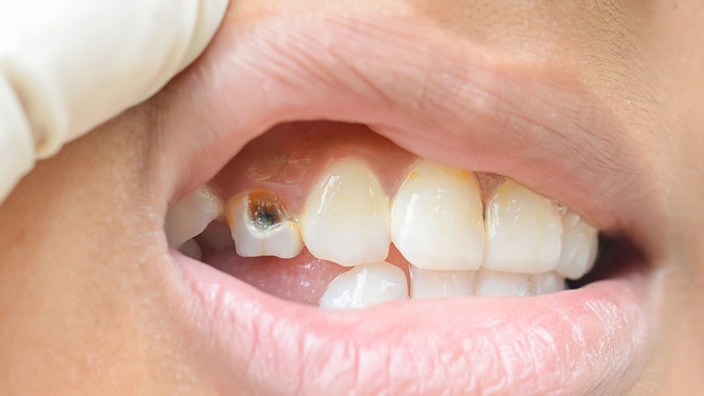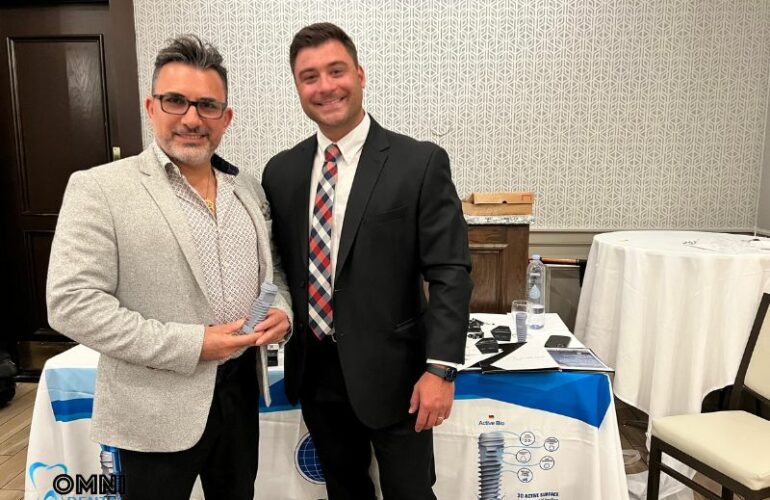can a cavity go away on its own? dental caries, or cavities, are the destruction of tooth enamel due to prolonged exposure to acid. When sugar is left on teeth for extended periods of time, acids that form attack the tooth’s surface and can eventually begin working their way into the deeper layers if not treated. Over time, carious tooth enamel will begin to early tooth decay. This is known as a cavity or dental caries.
Cavities are preventable, but if left untreated may lead to serious, even life-threatening problems. Untreated cavities can cause an increase in pain and discomfort which can prevent normal eating and prevent adequate hydration. Untreated cavities can also allow an infection to form around the tooth which can lead to swelling, pain, fever and even death if not treated.
The good news is that tooth enamel remineralizers over time. This means that for many cavities small enough to be filled or sealed, the tooth enamel will rebuild itself and remineralize to form a seal. This can take time, however, and it needs to be done with the correct diet and oral hygiene plan. If they are large or deep enough cannot be left untreated for this process but must be treated by root canal therapy.
How Serious Cavities Impact Your Nerves
To prevent tooth decay, it’s important to prevent cavities. A cavity happens when the bacteria in plaque produce acid that eats away at the teeth enamel and causes a hole to form. If not treated, your tooth can potentially die from lack of blood circulation. In severe cases, where the nerve is destroyed completely, you may have to have a root canal and the tooth removed.
That’s why it’s vital to treat new cavities as soon as possible while they’re small and easy to repair. If left alone, they’ll only grow larger and more difficult to repair. That means your dentist is likely going to want to take immediate action when you have a new cavity; however, other reasons require additional steps.
Nerve Damage and Sensitivity
One of the nerve’s main responsibilities is to make sure your teeth don’t get too much stimulation. That means it should be able to sense when something’s off, like if you’ve just eaten really hot or cold food that could damage your tooth enamel or lead to a cavity.
However, if this nerve is destroyed or severely damaged and you continue to eat cold and hot foods, it can cause the histamines in your body to go haywire and lead to gingivitis, ulcerations in your mouth, bad breath and even an increased risk of heart attack. Gingivitis is when your gums become infected and bleed; ulcerations are lesions or wounds on the skin.
People who’ve had a tooth removed with an accompanying nerve will also experience this problem, as there’s no longer a way to prevent damage from eating hot and cold food. This is why you’ll notice those people having to make extra efforts with their oral hygiene, since their gums can bleed when bacteria from plaque builds up.
If the nerve in a healthy tooth isn’t receiving any stimulus because it’s been removed or killed in a cavity, you’ll experience a problem called “dead teeth,” which means your teeth have become highly sensitive to touch and temperature changes.
How To Prevent Cavities
A cavity happens when the bacteria in plaque produce acid that eats away the teeth enamel. If not treated, your tooth can potentially die from lack of blood circulation. In severe cases where the nerve is destroyed completely you may have to have a root canal and the tooth removed.
Brushing teeth for three minutes twice a day, using fluoridated water, brushing your tongue along with brushing the surface of your teeth. Flossing prevents cavities by removing plaque from in-between the teeth. Water fluoridation also helps stop tooth decay in adults and children, especially in children under age 12 who have not yet developed permanent teeth.
If you brush your teeth correctly and good, drink fluoridated water and floss daily you can prevent cavities from occurring all together. If you already have a cavity, good oral hygiene will help slow the progress of the decay in your mouth. If
You can prevent getting cavities by brushing your teeth for 3 minutes twice a day with fluoride toothpaste, using fluoride water and flossing daily. If you already have a cavity good oral hygiene will help slow the progress of decay in your mouth. You should go to a dentist immediately if you have a cavity.
Infection from a Bad Cavity
Bad cavities are the early stages of tooth decay, which can turn into a serious infection. The early stage of a bad cavity is called a carious lesion. All that means is that the protective layer around the tooth (enamel) has been compromised. Once the enamel is gone, you’ve got trouble because bacteria can enter the tooth and use the sugar from liquids and food to produce an acid that will destroy the tooth. The bacteria can also travel through your veins and cause infection of the tissue surrounding the teeth (inrushing, bone loss). If not taken care of immediately, you could be looking at a dentist bill for crowns or even worse…a root canal.
Schedule A Consultation To Treat Your Cavity Today!
Regular cleaning and check-ups can help detect cavities before they cause pain.
You should schedule a dental consultation today if you have dental pain or suspect that you may have dental cavities.
Dental professionals can assess dental problems and identify the source of dental pain during dental consultations.








